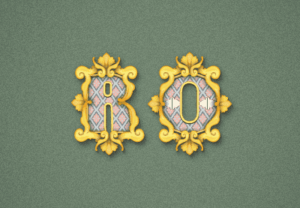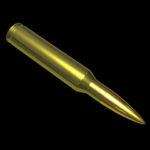The 2014 FIFA World Cup was the 20th FIFA World Cup, the tournament for the association football world championship, which took place at several venues across Brazil. Germany won the tournament and took its fourth title by defeating Argentina 1–0 in the final. It began on 12 June with a group stage and concluded on 13 July with the championship match. It was the second time that Brazil has hosted the competition, the first being in 1950.
Brazil was elected unchallenged as host nation in 2007 after the international football federation, FIFA, decreed that the tournament would be staged in South America for the first time since 1978 in Argentina, and the fifth time overall. The national teams of 31 countries advanced through qualification competitions that began in June 2011 to participate with the host nation Brazil in the final tournament. A total of 64 matches were played in 12 cities across Brazil in either new or redeveloped stadiums. For the first time at a World Cup finals, match officials used goal-line technology, as well as vanishing foam for free kicks. All world champion teams since the first World Cup in 1930 – Argentina, Brazil, England, France, Germany, Italy, Spain and Uruguay – qualified for this competition. The title holders, Spain, were eliminated at the group stage, along with previous winners England and Italy. Uruguay was eliminated in the Round of 16 and France was eliminated at the quarter-finals. Host and 2013 Confederations Cup winner Brazil lost to Germany in the first semi-final. By winning the final, Germany became the first European team to win a World Cup in the Americas. This result marked the first time that sides from the same continent had won three successive World Cups (following Italy in 2006 and Spain in 2010). As the winners, Germany qualified for the 2017 FIFA Confederations Cup. During the 2014 FIFA World Cup, the FIFA Fan Fest in the host cities received 5 million people, and the country received 1 million guests from 202 countries.
















